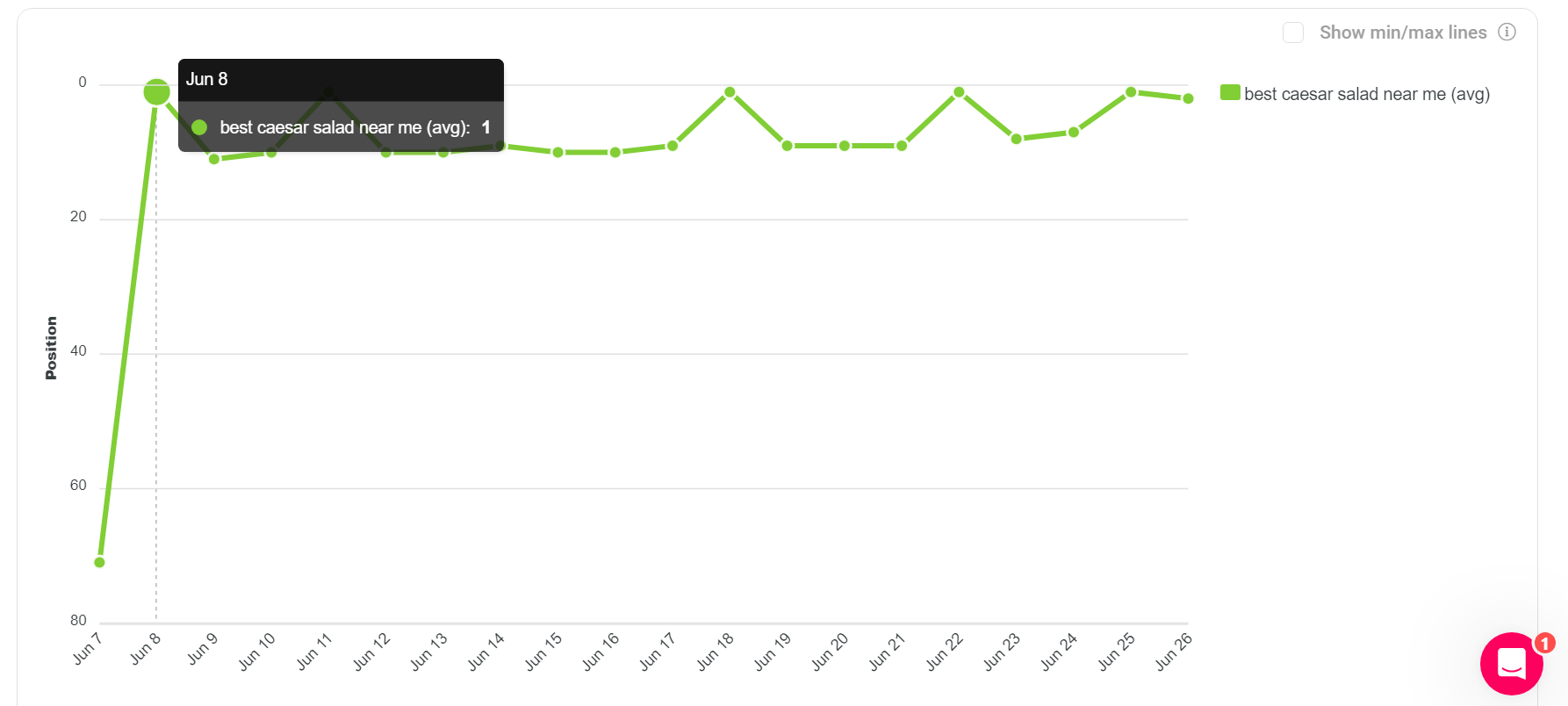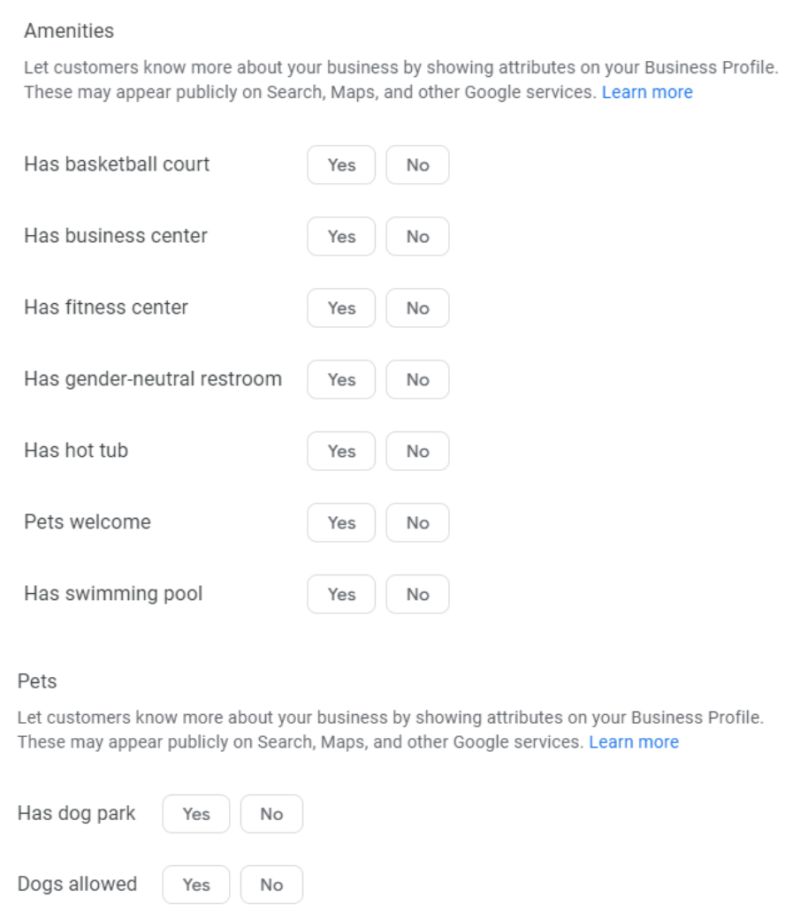Local Memo: Google Search Console Drops Page Experience Report, Adds Recommendations
Local Memo: The End of Infinite Scrolling on Google

Local Memo: The End of Infinite Scrolling on Google
In this week’s update, we discuss the end of the infinite scroll on Google Search; menu items as a likely ranking factor; Google completes its June spam update, and new property attributes on GBP.The End of Infinite Scrolling in Search
The News
Google has resurrected the old SEO joke about the best place to hide a dead body (answer: page 2) by announcing the end of infinite scrolling in search engine results pages (SERPs). This update introduces a traditional pagination bar for desktop users and a "More search results" button for mobile, replacing the infinite scrolling feature, to enhance result delivery speed.
Why This Matters
Appearing on the second page of Google search results is detrimental to visibility and traffic. According to a 2023 LinkedIn survey, only 6.6% of searchers navigate beyond the first page. Another study by Backlinko reports it’s even lower, at less than 1%. Due to this overwhelming aversion to page 2 results, local pages that rank outside the top 9 organic search results may see a drop in overall impressions. The good news is the Local Pack, when it appears, remains on page 1. Businesses that generate most of their sales and leads through their Google Business Profiles (GBPs) will likely see no traffic loss. SABs relying more on service and location pages may see those pages get fewer clicks if they fall to page 2.Menu Items Likely a Ranking Factor
The News
Claudia Tomina at ReputionArm published an interesting blog that seems to indicate that menu items listed on GBPs are a ranking factor when searchers are looking for specific dishes near them. In the example she provided, rank for “best caesar salad near me” drastically improved for a restaurant listing after changing the name of the dish from “Caesar Kitchen” to “Caesar salad.”
Courtesy of ReputationArm
This isn’t surprising given the recent API leak, which has multiple references to local menu content:
Courtesy of hexdocs
The blog suggests that Popular times as listed on GBPs with physical locations may also be a ranking factor. Based on the times the ranking reports that support this theory were run, the conclusion could also be drawn that hours of operation are a ranking factor. We’ve seen a lot of volatility in the evenings as restaurants open and close for the day. More research is definitely needed on this one.Why This Matters
If there is indeed a direct correlation between the menu item's name and the search query, the food and beverage industry may want to rethink fancy names for popular drinks and dishes with high search volumes.Google Completes June Spam Update
The News
Google recently concluded its rollout of the June 2024 spam update, which spanned seven days from June 20 to June 27. This was the second spam update in 2024 The June update broadly addressed violations of Google's search spam policies. Google clarified that this update was distinct from its efforts against link spam and reiterated its commitment to informing the community when algorithmic changes affecting site reputation abuse occur. During the rollout, some tracking tools reported varying degrees of volatility in search rankings. This differentiation is typical for spam updates, as they often impact lesser-known sites more significantly than established brands. The update coincided with an indexing bug, leading Barry Schwarts at Search Engine Roundtable to speculate that the update may have caused the issue. Google has since fixed the bug.Why This Matters
If you are following Google’s policies on spam, it shouldn't matter to you. Unless of course you’re in an industry where competition routinely publishes pages that break those policies to tip the scales in their favor. In those industries, rankings may improve as Google deprioritized those spammy pages in search results.New Property Attributes on GBP
The News
Great news for those managing property listings on GBP: Google has finally released some long-overdue amenities attributes. Our team at SOCi discovered earlier this week that Google added attributes like “Has swimming pool” and “Pets welcome” as selectable amenities on GBPs.
Why This Matters
GBP attributes are an influential ranking factor. Properties that don’t take advantage may see their profile omitted from search results when these amenities are a factor in the search query, e.g., “pet-friendly apartments near me.”Subscribe to Local Memo!
Sign up to receive Local Memo updates and the latest on localized marketing, delivered weekly to your inbox.







